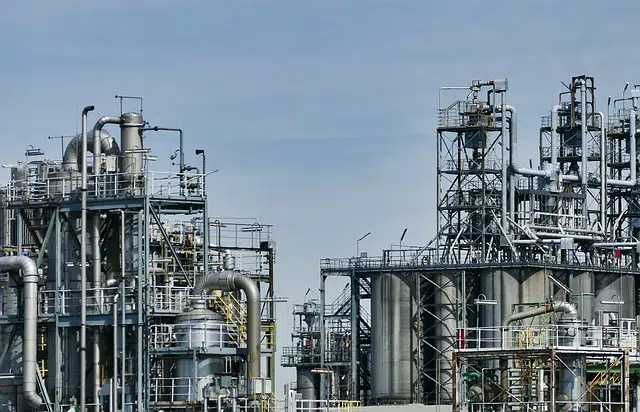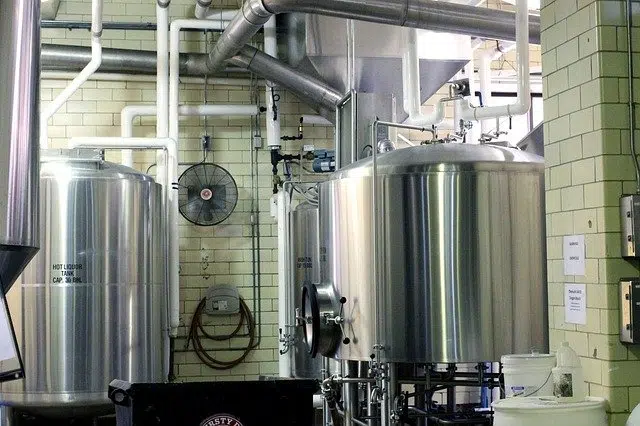
Industrial plants are the facilities that make the development of production possible.
The notion of a plant is associated with an organic being that lives and grows , but does not have the capacity to move from one place to another by voluntary impulse . The term, however, has other uses: a floor can be the design of a building (or each of its floors), the bottom of the foot or the factory where some service or product is produced.
Industrial , on the other hand, is that belonging to or relating to industry . An industry is known as the set of operations that allow obtaining, transforming or transporting natural products .
What are industrial plants
Industrial plants , therefore, are the factories where various products are produced. These are those facilities that have all the necessary means to develop a manufacturing process. For example: «This is a district full of industrial plants since it is a tax-free zone» , «Explosion in an industrial plant in San Gabriel: three injured» , «In the industrial plant we produce the phones that are sold throughout the continent » .
An industrial plant is made up of the building itself, the specific installations (such as air conditioning, sanitation, etc.) and the machinery . When choosing a location to build an industrial plant, various external factors are usually taken into account, such as the means of transportation that pass through the area.
Various sciences and disciplines intervene in the day-to-day life of an industrial plant, such as industrial safety (the multidisciplinary area that is responsible for minimizing the risks of accidents) and industrial hygiene (the procedures that seek to control environmental factors that can affect the health of workers and neighbors).

In industrial plants, the work performed by people is combined with the operation of machines and systems.
Combination of human labor with the use of machinery
The function of industrial plants is to combine human work with the machines found in their facilities to transform raw materials and energy , following a process that is previously defined. In order for the equipment to be used to the maximum, operators must follow certain rules, which vary depending on the type of industrial plant and the organization; In mass production there is no room for improvisation.
When choosing a geographical area for the location of an industrial plant, various factors are taken into account, such as the characteristics of its surroundings, the degree of communication it presents with the outside, the type of terrain and, no less important, the potential needs. future of the company.
Classification of industrial plants
Depending on the nature of the process being carried out
* Continuous process : they are characterized by working 24 hours a day.
* Repetitive process : the treatment modality carried out on the products is in batches.
* Intermittent process : These plants organize their work to satisfy the specific demands of their customers for one or another product or service.
Depending on the type of process that predominates
* Chemical : in chemical industrial plants, various raw materials, whether synthetic or natural, are extracted and processed and transformed into other substances, with properties different from the original ones. Its purpose is to improve people's quality of life by satisfying their needs .
* Mechanical : they are dedicated to building and maintaining the machines that are used in companies related to engineering to carry out the transformation of raw materials into mass-produced products. Industrial plants of this type perform necessary work for most companies, especially transportation, chemical, mining, and public service companies.
According to the raw materials that predominate in their processes
Within this group, the most common industrial plants are usually wood, oil, carbochemical and petrochemical plants.
Depending on the type of products they obtain
The main types of industrial plants from this point of view are food , textile, pharmaceutical and cement.
